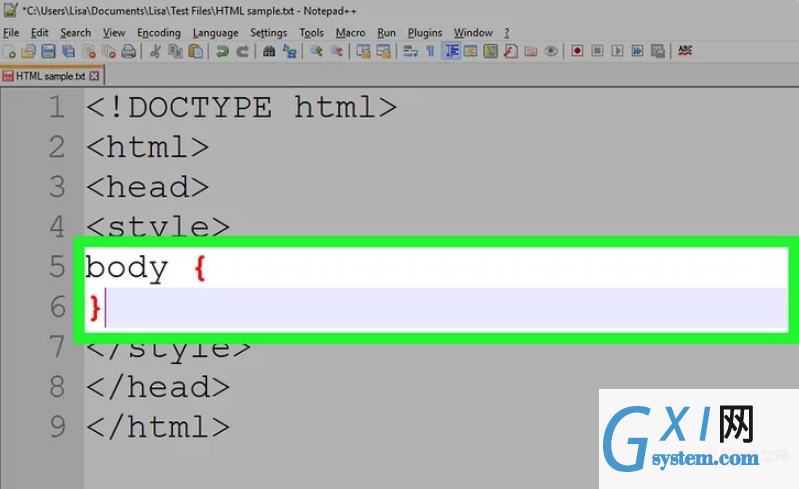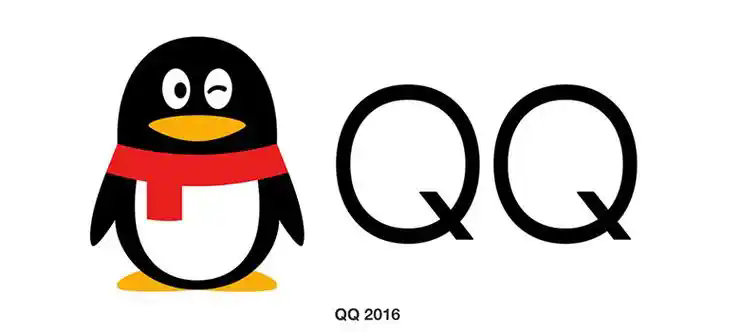uniapp动态显示隐藏背景图片
时间:2023-05-23
随着移动互联网和移动应用的迅速发展,越来越多的开发者和企业开始采用多平台开发的方式,以减少开发成本和提高用户体验。作为一款跨平台开发框架,UniApp提供了一系列丰富的API,可以快速搭建起一个多平台应用。在这篇文章中,我们将介绍如何使用UniApp实现动态显示和隐藏背景图片的功能。
一、前置条件
在进行本文的使用,你需要了解UniApp的基本使用,并且已经创建好了一个UniApp应用。
二、实现步骤
2.1 引入图片
在UniApp的页面中,我们可以通过引入背景图片的方式来实现动态的显示和隐藏。首先,我们需要在项目中引入图片资源。可以将图片放在项目src目录下,然后在页面中使用vue的图片标签<img>来引入。
<template> <div class="container"> <img class="bg-image" src="../../static/img/background.jpg"/> ... </div></template><style> .bg-image { position: fixed; top: 0; left: 0; bottom: 0; right: 0; z-index: -1; }</style>2.2 切换显示和隐藏
为了实现动态切换图片的显示和隐藏,我们可以利用Vue中的数据绑定来实现。在data对象中定义一个布尔类型的值isShowImg,当其为true时,显示背景图片,否则隐藏。
<template> <div class="container"> <img class="bg-image" v-show="isShowImg" src="../../static/img/background.jpg"/> ... </div></template><script>export default { data() { return { isShowImg: true, } }}</script><style> .bg-image { position: fixed; top: 0; left: 0; bottom: 0; right: 0; z-index: -1; }</style>接着,我们可以在页面中添加一个按钮,用来切换isShowImg的值。
<template> <div class="container"> <img class="bg-image" v-show="isShowImg" src="../../static/img/background.jpg"/> <button @click="toggleImage">Toggle Image</button> ... </div></template><script>export default { data() { return { isShowImg: true, } }, methods: { toggleImage() { this.isShowImg = !this.isShowImg; } }}</script><style> .bg-image { position: fixed; top: 0; left: 0; bottom: 0; right: 0; z-index: -1; }</style>至此,我们已经完成了动态实现背景图片的显示和隐藏的功能。
三、总结
本文介绍了如何使用UniApp实现动态显示和隐藏背景图片的功能。通过引入图片和利用Vue的数据绑定来实现,使得切换显示和隐藏的效果变得十分简单。在实际开发中,我们可以根据需要来配置不同的背景图片,从而更好地满足用户的需求。
以上就是uniapp动态显示隐藏背景图片的详细内容,更多请关注Gxl网其它相关文章!
相关文章
最新文章
网友评论
评论



























